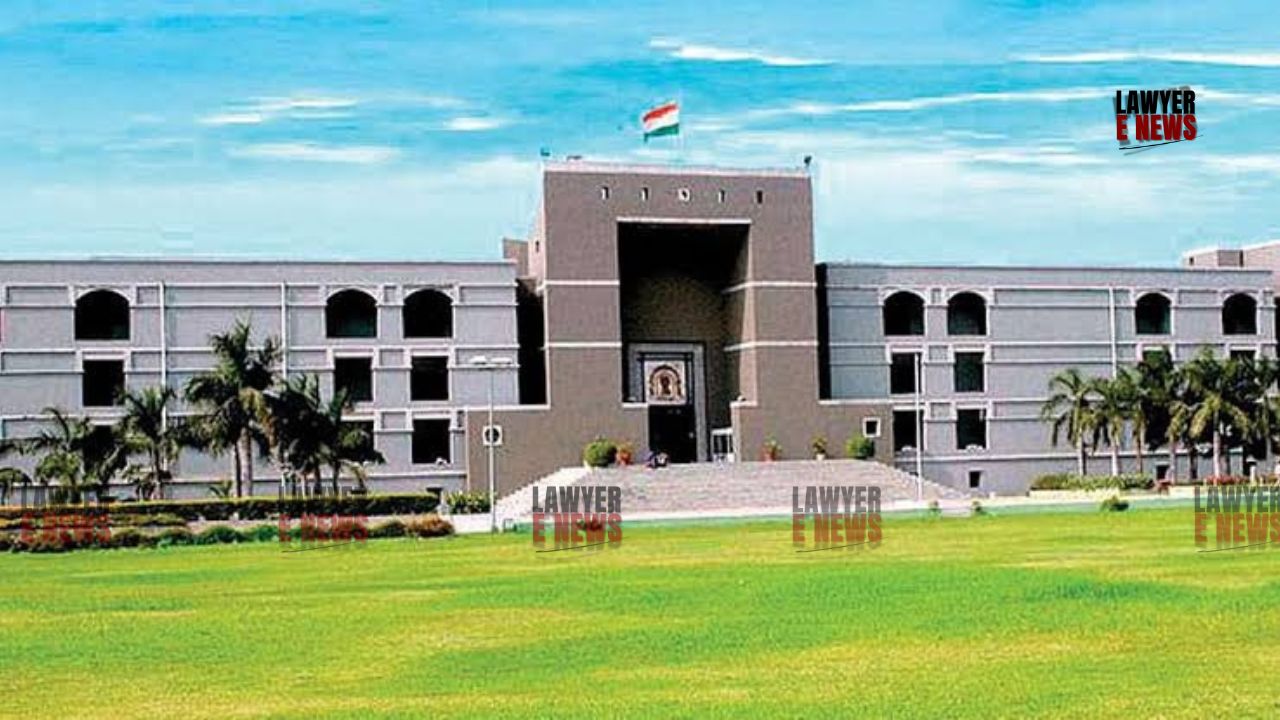-
by Admin
15 February 2026 5:35 AM



Gujarat High Court in State of Gujarat v. Maheshkumar Laxmanbhai Gamit upheld the acquittal of the accused in a corruption case, emphasizing that mere acceptance of money does not constitute an offense under the Prevention of Corruption Act unless the prosecution proves the demand for illegal gratification. Justice S.V. Pinto dismissed the State's appeal against the 2010 acquittal by the Special ACB Court in Surat, citing insufficient evidence of demand.
Maheshkumar Laxmanbhai Gamit, a clerk in the SRP Group, Surat, was charged with accepting a bribe of ₹200 for fixing the complainant's salary. The complainant, Suresh Bhaskar Borse, filed a complaint with the Anti-Corruption Bureau (ACB) in 1992, resulting in a trap operation. While the money was found on the accused, the trial court acquitted Gamit, citing a lack of evidence to establish demand for the bribe.
The main issue was whether the prosecution could prove the essential element of demand for illegal gratification, a requirement under Sections 7, 13(1)(d), and 13(2) of the Prevention of Corruption Act. The State argued that the recovery of tainted money should have been sufficient to convict Gamit.
Justice Pinto ruled that demand for illegal gratification is a sine qua non for conviction under the Prevention of Corruption Act. The Court noted discrepancies in the prosecution’s evidence, particularly between the testimony of the complainant and the trap witnesses. The Court highlighted that mere possession of marked money does not prove corruption without clear evidence of demand.
"The prosecution must prove demand and acceptance; mere recovery of tainted notes is insufficient for conviction."
The Gujarat High Court dismissed the State's appeal, reaffirming that the prosecution failed to establish demand for the bribe. The trial court’s acquittal of Maheshkumar Laxmanbhai Gamit was upheld, and the appeal was dismissed for lack of merit.
Date of Decision: September 9, 2024
State of Gujarat v. Maheshkumar Laxmanbhai Gamit.
